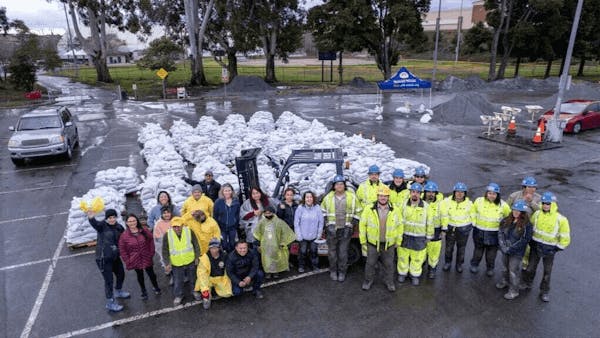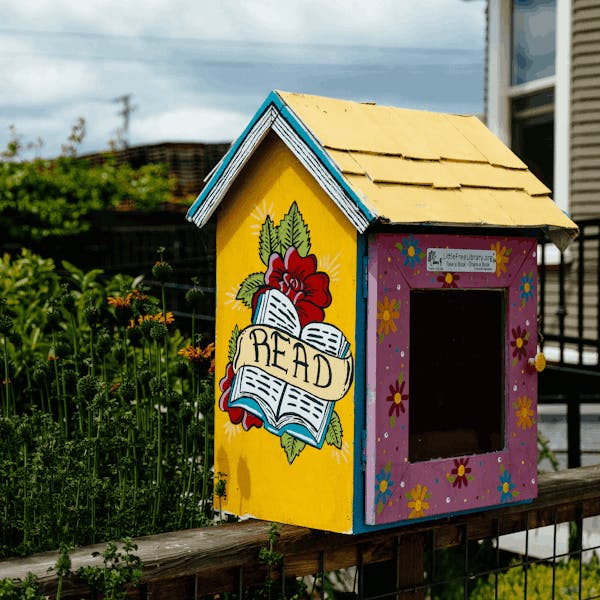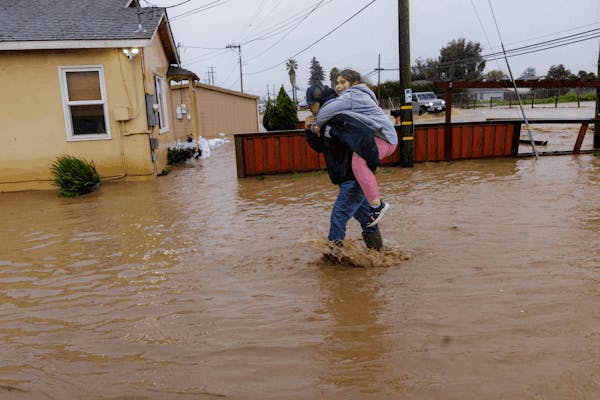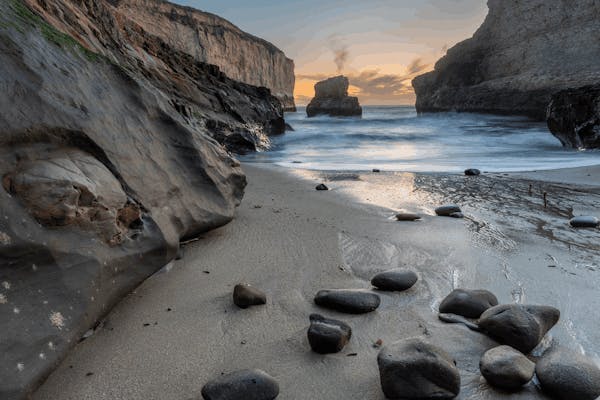
A Community rises to the challenge
Showing Up with Love
This guest commentary was originally published in the Santa Cruz Sentinel on January 29, 2023 and the Pajaronian on Friday, February 3, 2023.
By Raymon Cancino, MariaElena De La Garza, Karen Delaney, Erica Padilla-Chavez, and Susan True
With nearly three feet of rain in three weeks, national news picked up on the big impacts in our small county. Folks from Nebraska to North Carolina saw images of our battered coastline and the wreckage of Seacliff State Beach and Capitola Village. But the public—and the President—didn’t get to see the communities whose homes and livelihoods were impacted by the storms and they didn’t see who showed up to help. They didn’t see who it was that filled and delivered 40,000 sandbags, helped evacuate and feed seniors, or got over 5,000 hot meals to people in need. And they aren’t going to see the expert disaster case managers guiding people to resources they may be able to benefit from.
But what locals saw was quick, skillful action fueled by love and encouraged by generosity. During the New Year’s downpours there were power outages, slides, floods, and trees crashing down. But unhoused people, day workers, young adults with the California Conservation Corps, city public works and legislative staff, and staff from various nonprofit groups from the South County Triage group including Second Harvest Food Bank, Community Action Board, Community Bridges, and the Volunteer Center showed up for this community. We were neighbors helping neighbors with shovels, trucks, generators, wheelbarrows, ponchos, chainsaws, tarps, rope, food, phone numbers to call, and most importantly, love.
Day workers, parents, and WatsonvilleWorks! crew made up of unsheltered community members worked alongside employees from the City of Watsonville, Second Harvest, United Way, Monarch, Community Bridges, PV Prevention and Student Assistance, and Community Action Board preparing and delivering thousands of sandbags. Community leaders from across the county did door-to-door outreach in English, Spanish, and Mixteco to make sure families—including the families of indigenous agricultural workers—were safe. Meals on Wheels and Second Harvest drivers delivered food to evacuated seniors’ hotel rooms and shelters, comforting them as they worried about their flooded homes. The Community Foundation activated its Disaster Fund as a trusted place for people to donate and immediately issued grants to nonprofit partners for supplies and support.
Since New Year’s Day, our local nonprofit agencies have partnered to hone a system for delivering information and triaging aid. But as we continue to struggle with the economic fallout of the pandemic and rebuild from CZU fires, big questions remain. We are often asked where people can find help. In the early days of our disasters, our nonprofits show up to gather around our neighbors. As time goes on, we rely on public employees to jump in.
For all residents struggling to muck out their homes, for small business owners coping with damages and lost income, for employees suddenly displaced and without a paycheck, and for those who have lost everything, we have financial assistance to help. Resources that were given by neighbors to help neighbors. Please contact your nearest family resource center to find support. The newly created disaster resource centers in Watsonville and Felton are also here to guide people.
Long after visiting dignitaries and the news have moved on, we will still be here for each other. Even when it feels like the obstacles to a fair recovery are insurmountable, we have an infrastructure of love and partnership that holds us together. We know how to do this. We’ve done it before, and we’ll do it again. We’ll have ponchos ready for those out working in the storm. We’ll go door-to-door distributing food, showing up to a neighbor’s house to lend a hand, donating what we can, or helping someone manage their way through the applications and claims forms. This is work we do, because as people with love in our hearts for this place and its people, it’s simply work worth doing.
Resources:
- Winter Storm Relief information: 2-1-1
- Community Foundation Disaster Fund: cfscc.org/disaster
- Volunteer at scvolunteercenter.org
- Second Harvest Community Food Hotline: (831) 662-0991, thefoodbank.org/food-distribution-for-flood-affected-areas
- Indigenous Language Hotline: (831) 440-3556
Raymon Cancino is CEO of Community Bridges, MariaElena De La Garza is Executive Director of Community Action Board, Inc, Karen Delaney is Executive Director of Volunteer Center of Santa Cruz County, Erica Padilla-Chavez is CEO of Second Harvest Food Bank Santa Cruz County, and Susan True is CEO of Community Foundation Santa Cruz County.


